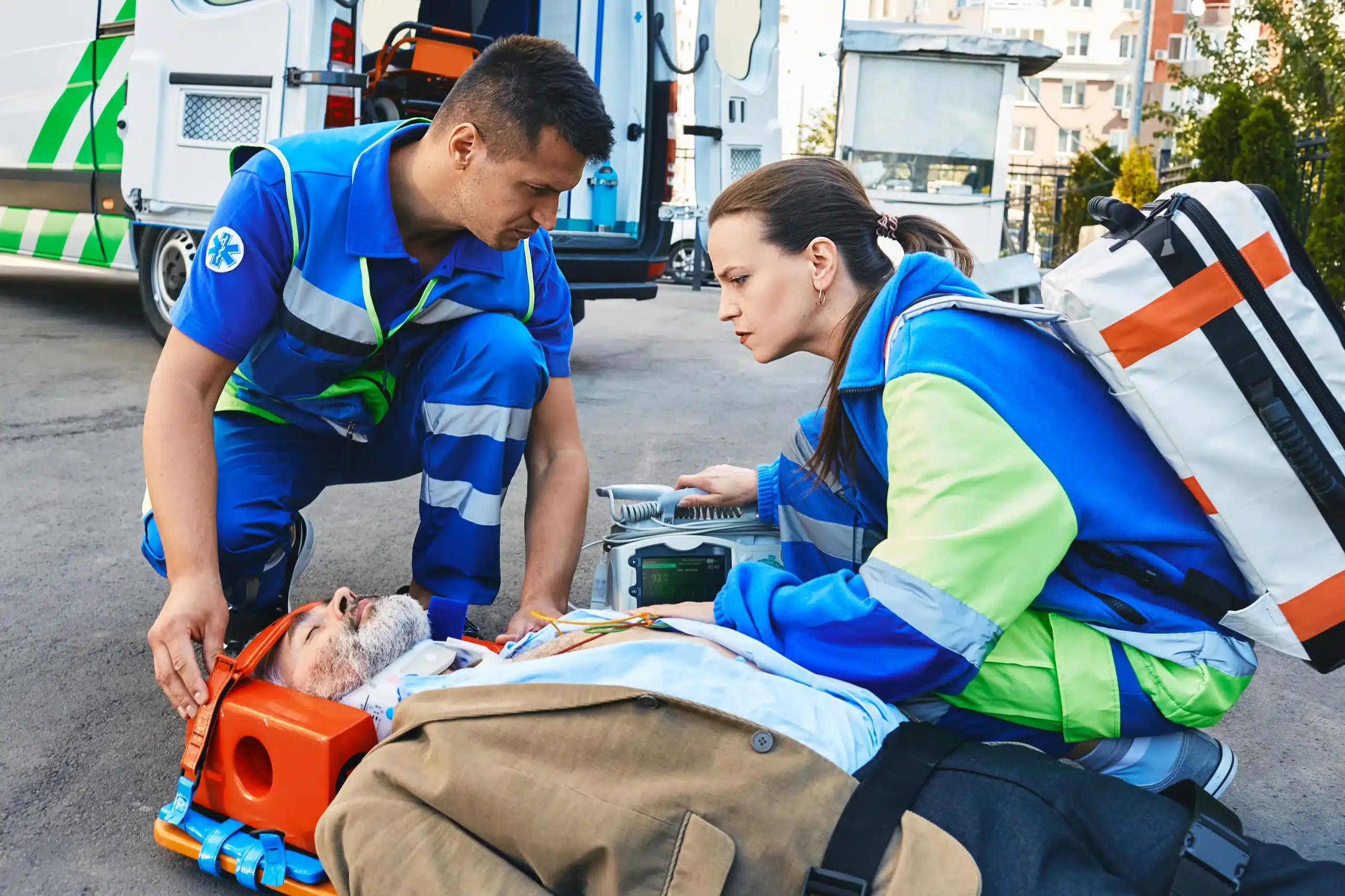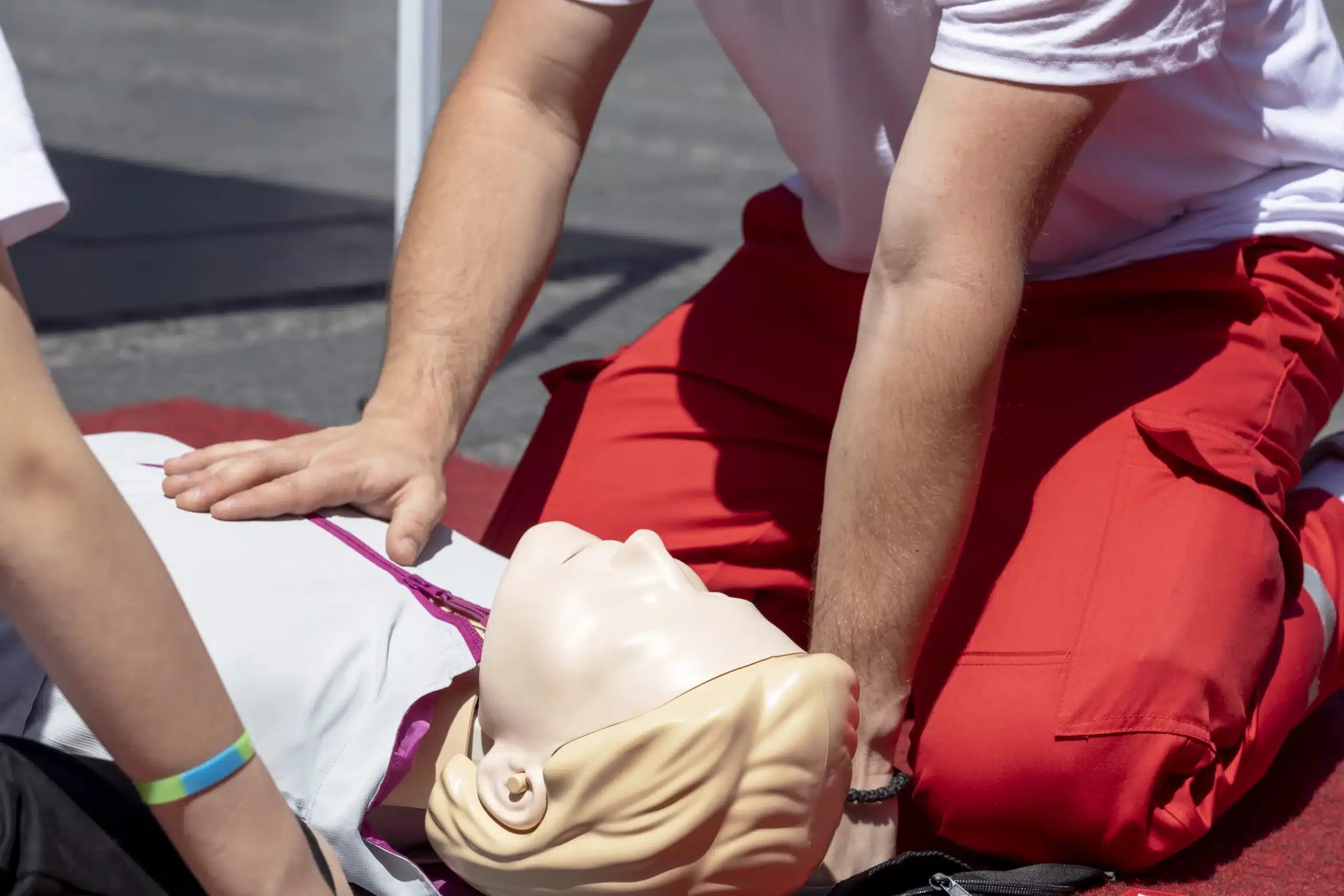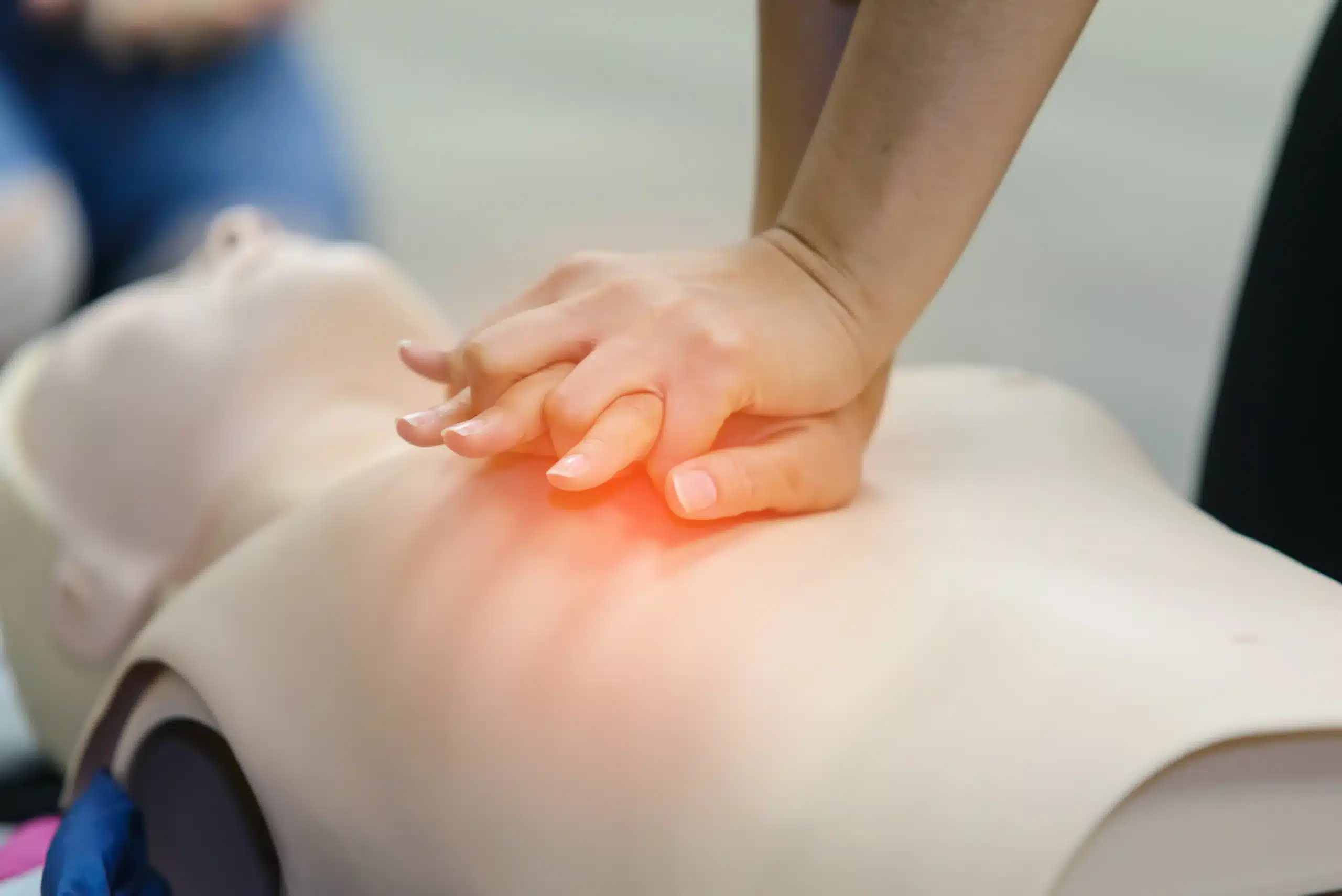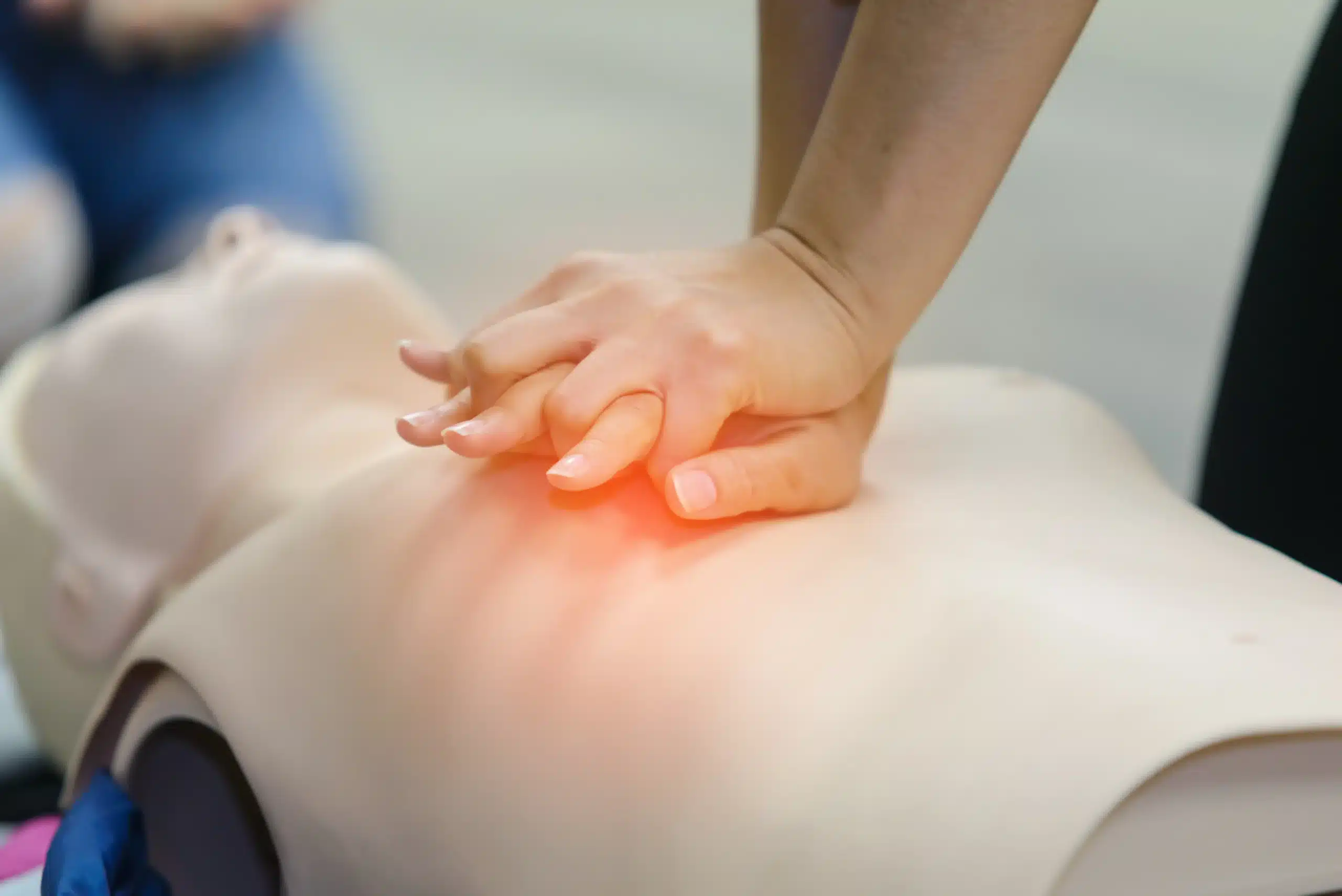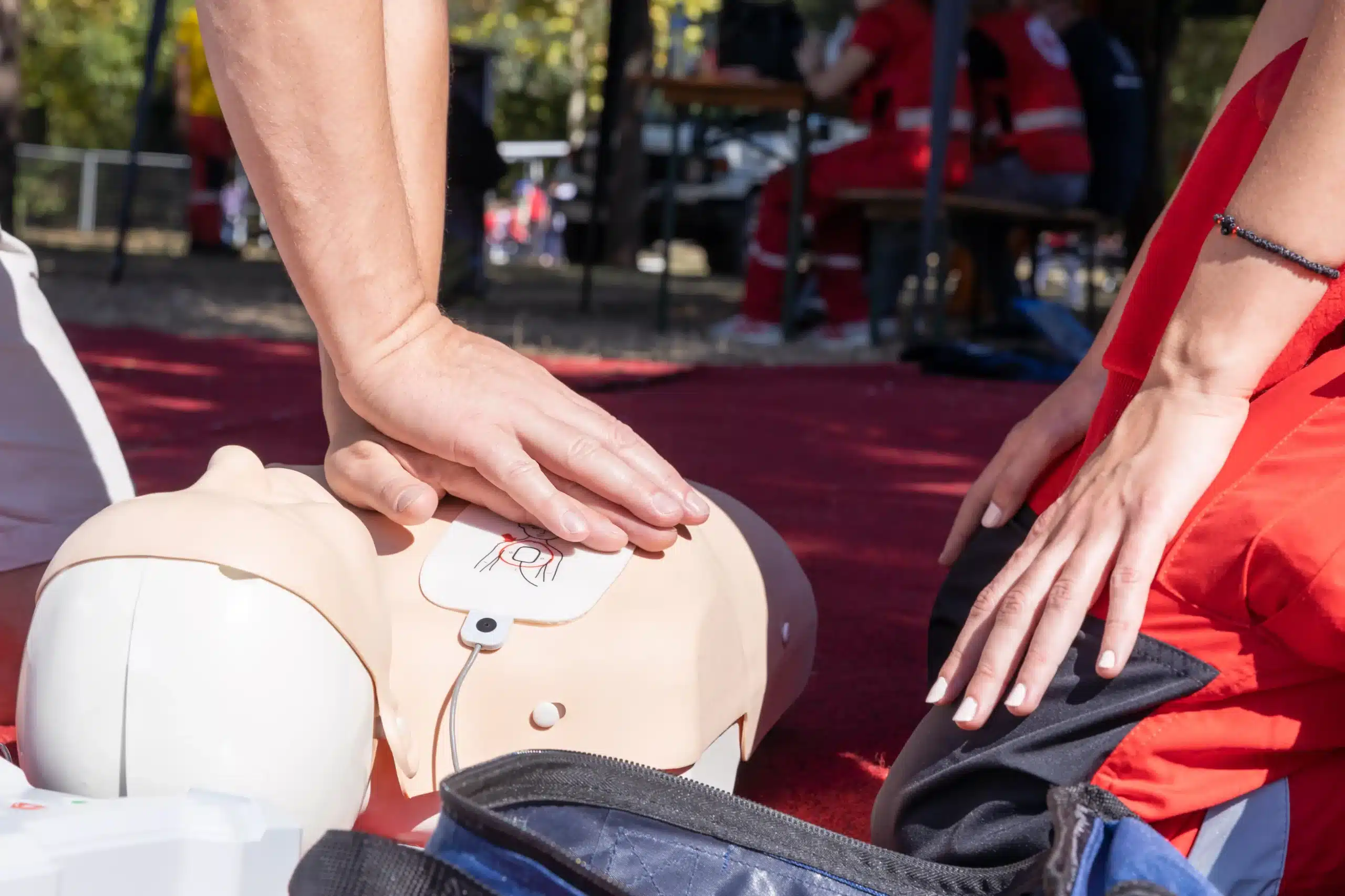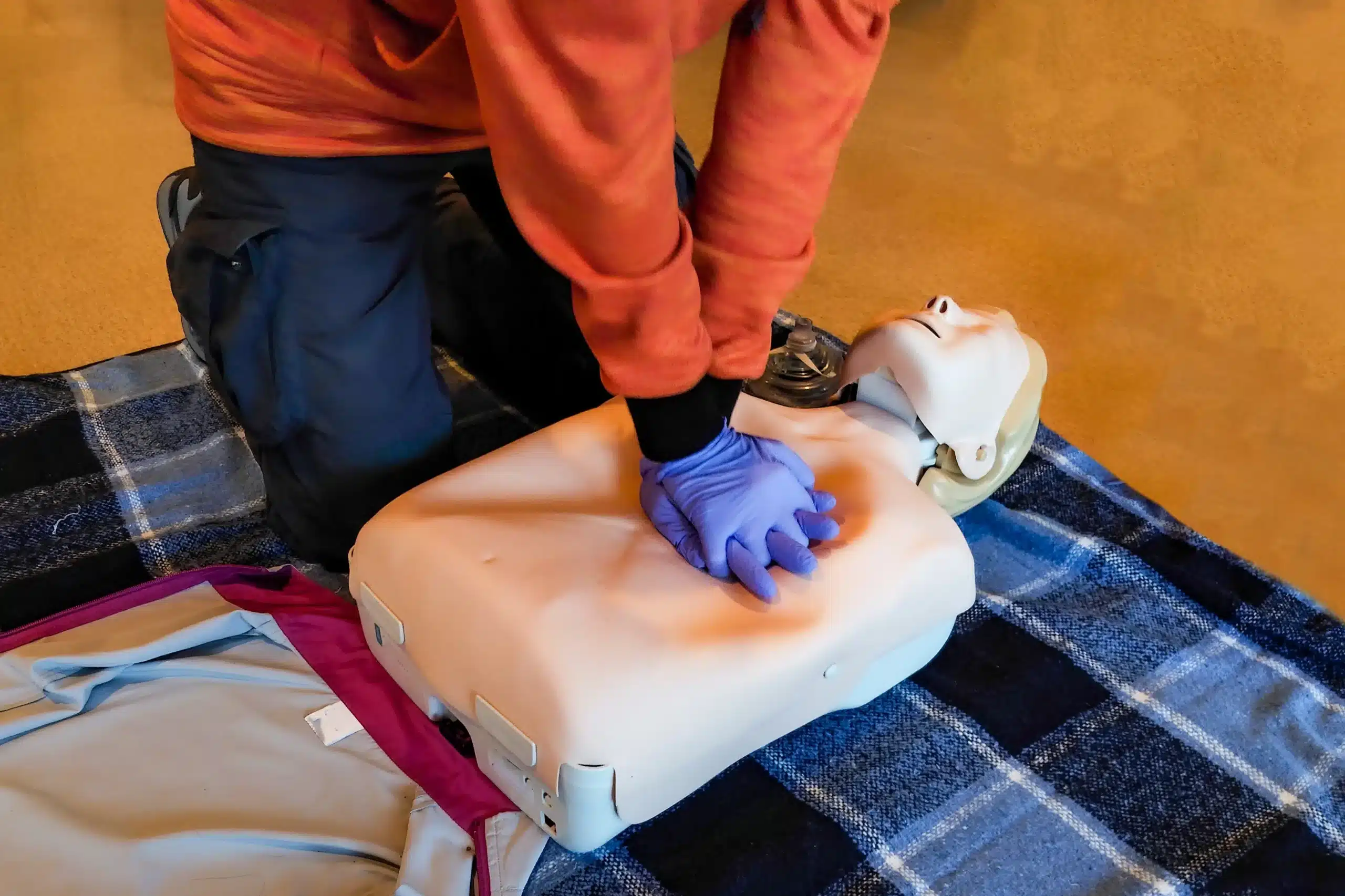When someone survives a cardiac arrest thanks to CPR, it’s a life-changing event. While the immediate focus is often on physical recovery, many survivors face lingering emotional and psychological challenges that can impact their quality of life for months or even years. This guide explores psychological recovery for CPR survivors, shedding light on the mental health effects of resuscitation and offering actionable strategies to promote healing.
Understanding the Psychological Impact of CPR
Surviving a near-death experience is no small feat. While the physical trauma of a cardiac arrest and resuscitation is well-documented, the emotional toll is equally significant.
Immediate Emotional Responses
After regaining consciousness, many survivors report a whirlwind of emotions such as fear, confusion, and anxiety. This is often triggered by the trauma of waking up in an unfamiliar environment—such as a hospital—with fragmented memories of what happened.
For some, this manifests as Acute Stress Disorder (ASD), a condition that can cause flashbacks, hypervigilance, or difficulty sleeping. Imagine waking up multiple times a night feeling as though you’re reliving that moment—it’s not uncommon for CPR survivors.
Long-Term Effects on Mental Health
Over time, the psychological effects of CPR can intensify. Studies from the Resuscitation Journal (2013) reveal that as many as 45% of survivors experience depression, 61% report anxiety, and 27% develop PTSD. Survivor’s guilt is another common concern—why were they saved, and not someone else?
Beyond these clinical diagnoses, CPR survivors frequently undergo profound shifts in their worldview. Many become preoccupied with their mortality, questioning their purpose or re-evaluating life priorities. This adjustment period can be emotionally taxing, but it’s also an opportunity for personal transformation with the right support.
Coping Strategies for Survivors and Families
Recovering psychologically from CPR requires a combination of self-care, community support, and professional intervention. Below are actionable strategies tailored to survivors and their families.
Mindfulness-Based Techniques
Mindfulness can go a long way in alleviating stress and anxiety. Techniques such as meditation, journaling, or yoga encourage survivors to focus on the present moment rather than relive past trauma.
Try This at Home:
- Sit in a quiet space and practice deep breathing for five minutes. Count your breaths, and try to clear your mind of intrusive thoughts.
- Keep a journal where you list three things you’re grateful for each day. This practice can help shift your focus to the positive aspects of recovery.
Support Networks
No one should go through this alone. Family, friends, and survivor communities can provide much-needed emotional reinforcement. Sharing your story with others who have walked the same path can be profoundly healing.
Join These Communities:
- The American Heart Association offers survivor forums and support groups tailored specifically for those who’ve experienced cardiac events.
- Look for local meetups or online groups dedicated to cardiac arrest survivors.
Lifestyle Adjustments
Holistic recovery also involves making positive changes to your daily habits. Simple, sustainable routines can help rebuild a sense of normalcy and control.
Suggestions:
- Exercise Regularly: Gentle, consistent physical activity (as permitted by doctors) can release feel-good endorphins and improve sleep.
- Eat a Balanced Diet: Nourish your body with whole foods to support overall health.
- Prioritize Sleep: Create a bedtime routine to improve sleep quality, a critical component of both mental and physical healing.
Seeking Professional Help
Sometimes, self-help and community support aren’t enough. That’s when professional intervention becomes essential.
Choosing the Right Therapist:
- Look for specialists in trauma recovery, such as those experienced with Cognitive Behavioral Therapy (CBT) or Eye Movement Desensitization and Reprocessing (EMDR), both of which have been shown to reduce symptoms of PTSD in survivors.
- Don’t hesitate to ask potential therapists about their experience with health-related stress or cardiac arrest recovery.
Therapists can also provide tailored strategies for survivors to handle intrusive thoughts, regain confidence, and rebuild their emotional well-being—whether through individual sessions or group therapy.
Why Psychological Recovery is Essential
Addressing the psychological impact of CPR is not just about improving mental health—it actively supports physical recovery as well. Chronic stress, anxiety, and depression can take a toll on the body, increasing inflammation and delaying healing.
When survivors focus on their mental health, they’re better equipped to stick to their physical rehabilitation plans, attend follow-up doctor visits, and adopt long-term healthy habits. Emotional well-being and physical healing are deeply interconnected.
This is why organizations like the American Heart Association emphasize the importance of whole-person recovery, which includes psychological support alongside physical rehabilitation programs.
Empowering Others Through CPR Training
Psychological recovery for CPR survivors is a testament to resilience, both of the individual who survives and the people who saved them. If this guide has inspired you to make a difference, why not take action?
Learn Life-Saving Skills
CPR training doesn’t just save lives; it lays the foundation for future healing for survivors and their families. Trusted providers like Safety Training Seminars offer a variety of courses in Palo Alto, including:
- CPR and First Aid
- Basic Life Support (BLS)
- Advanced Cardiac Life Support (ACLS)
- Pediatric Advanced Life Support (PALS)
By stepping into a life-saving role, you can help ensure more survivors recover physically and emotionally.
Remember, Recovery is a Journey
Psychological recovery for CPR survivors is a process that unfolds over time. While it can be challenging, it’s also a powerful opportunity for growth and transformation. With the right support, survivors can rebuild stronger than before.
Whether you’ve survived a cardiac arrest or know someone who has, share this article to spread awareness and provide valuable help during the recovery process. Or, consider signing up for a CPR course to support your community in a meaningful way. Every action counts. Together, we can build a world where survivors find the strength to heal and thrive.

